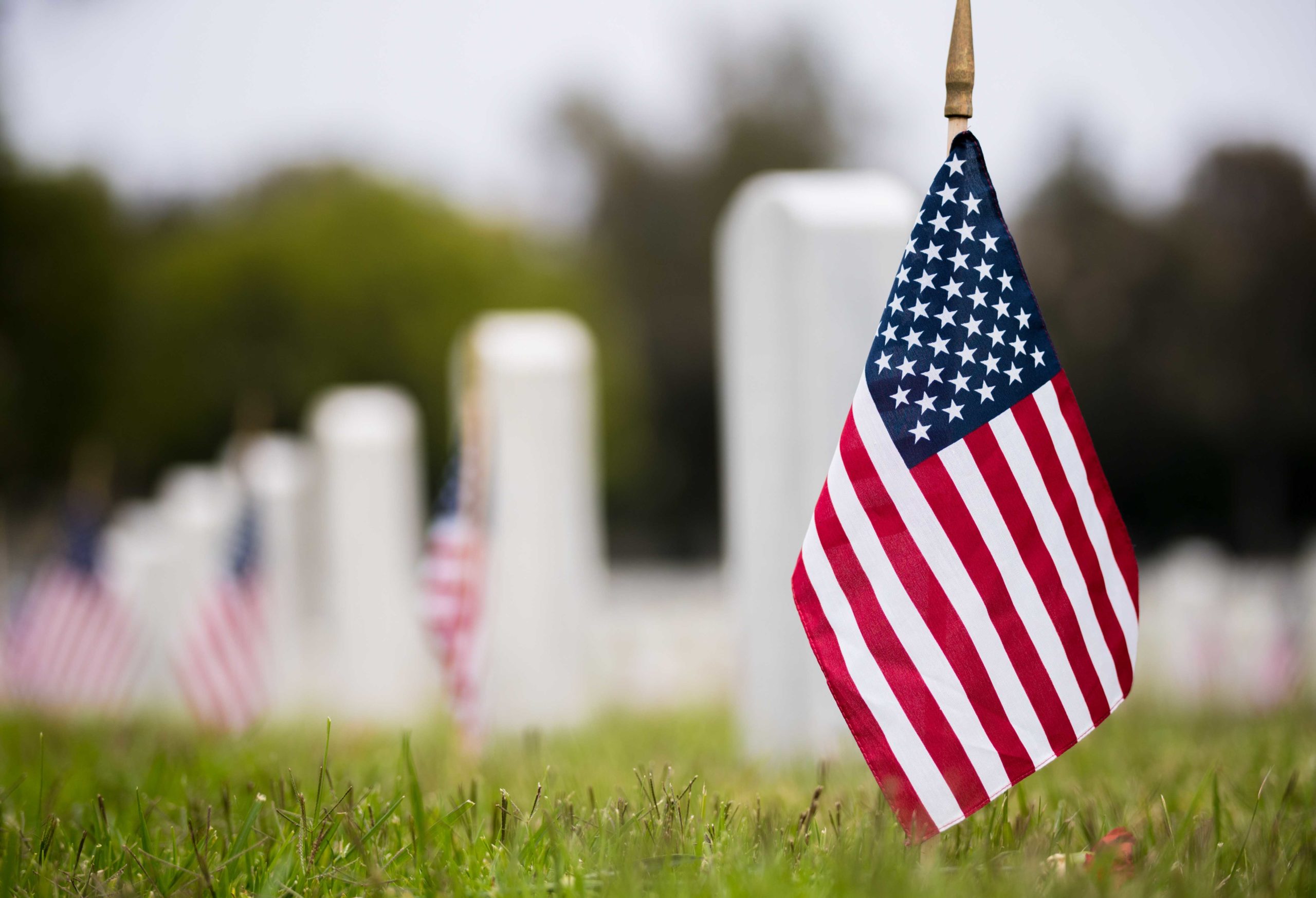By Philip Hoy and Skip Ragler
“Our nation owes a debt to its fallen heroes that we can never fully repay, but we can honor their sacrifice.” ~ President Barack Obama
In addition to kicking off the summer, set aside time to remember our fallen patriots for their sacrifices this Memorial Day. Because of them, our nation is stronger, safer and remains a shining beacon of freedom for the world.
For most of us, Memorial Day is just another three-day weekend. But its initial purpose was not for cookouts and parades. This year, our Memorial Day Message encompasses a historical perspective to better understand Memorial Day’s meaning.
Memorial Day, originally called Decoration Day, started after the American Civil War to honor both Union and Confederate Soldiers who died while serving in the armed forces. Although there was no official day of recognition, women from both sides decorated the graves of fallen soldiers before the war ended.
Following the assassination of President Abraham Lincoln, numerous ceremonies were held to honor fallen soldiers. After the official designation of Decoration Day on May 30, 1868, ceremonies were held at hundreds of cemeteries across the United States. In 1968, Decoration Day was officially changed to Memorial Day, and in 1971 it was moved to the last Monday in May, resulting in a three-day weekend.
Our fallen soldiers have been honored in different ways since Memorial Day’s inception:
- Flowers: From the beginning, flowers have been a symbol of Memorial Day based on beliefs that flowers would be in bloom all over the country on this day.
- Flags: In 1951, the Boy Scouts of America started the tradition of placing American flags on each of the 150,000 graves at the Jefferson National Barracks Cemetery in St. Louis, Mo. Since the late 1950s, flags have been placed at gravestones at Arlington National Cemetery and most national cemeteries every Memorial Day, including the Dallas-Fort Worth National Cemetery.
- Present Day: Memorial Day is now viewed as the weekend that kicks off the summer with parades across the country. In 2000, The National Moment of Remembrance Act designated 3 p.m. local time for the nation to observe a moment of silence and honor those who died while serving in the armed forces.
